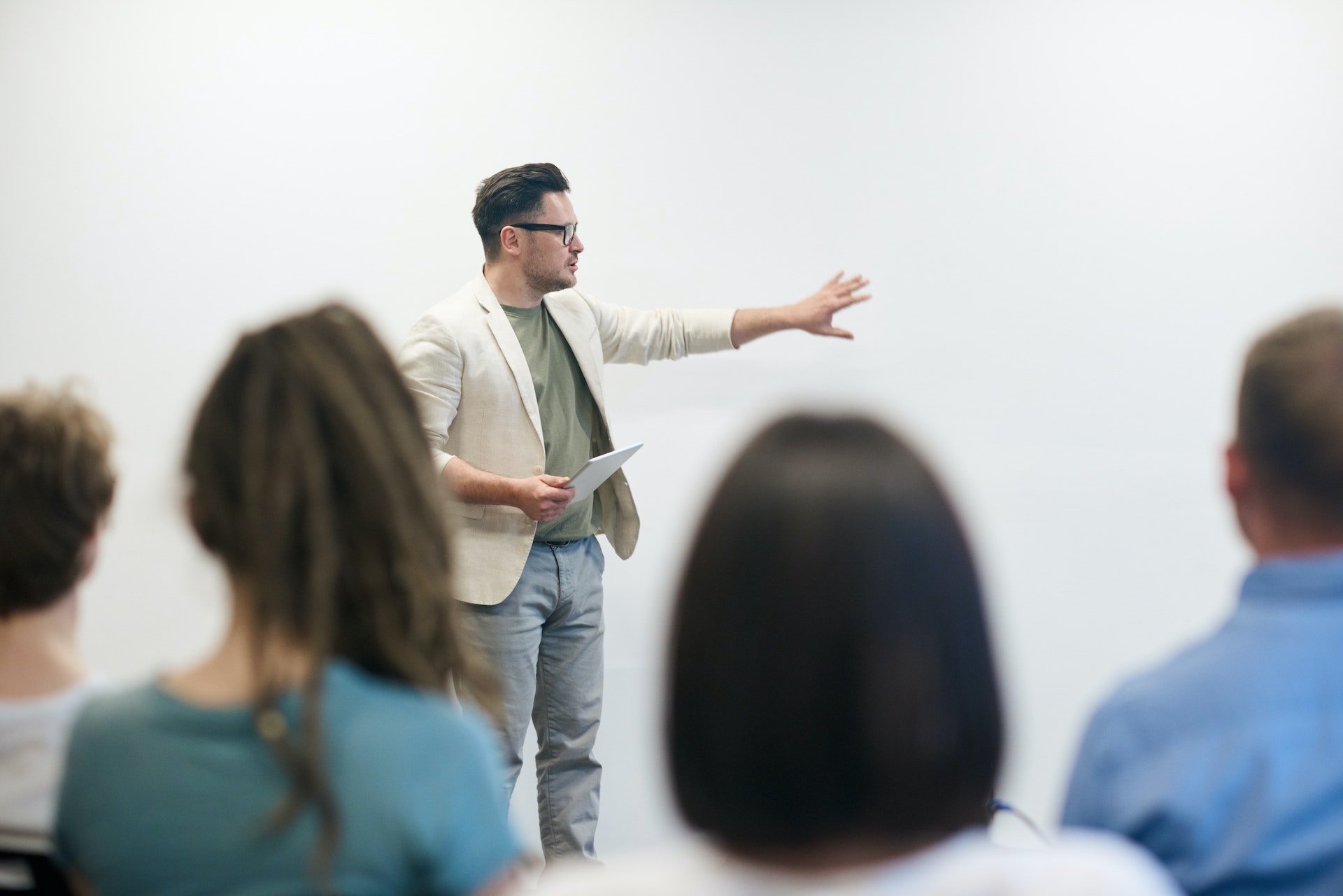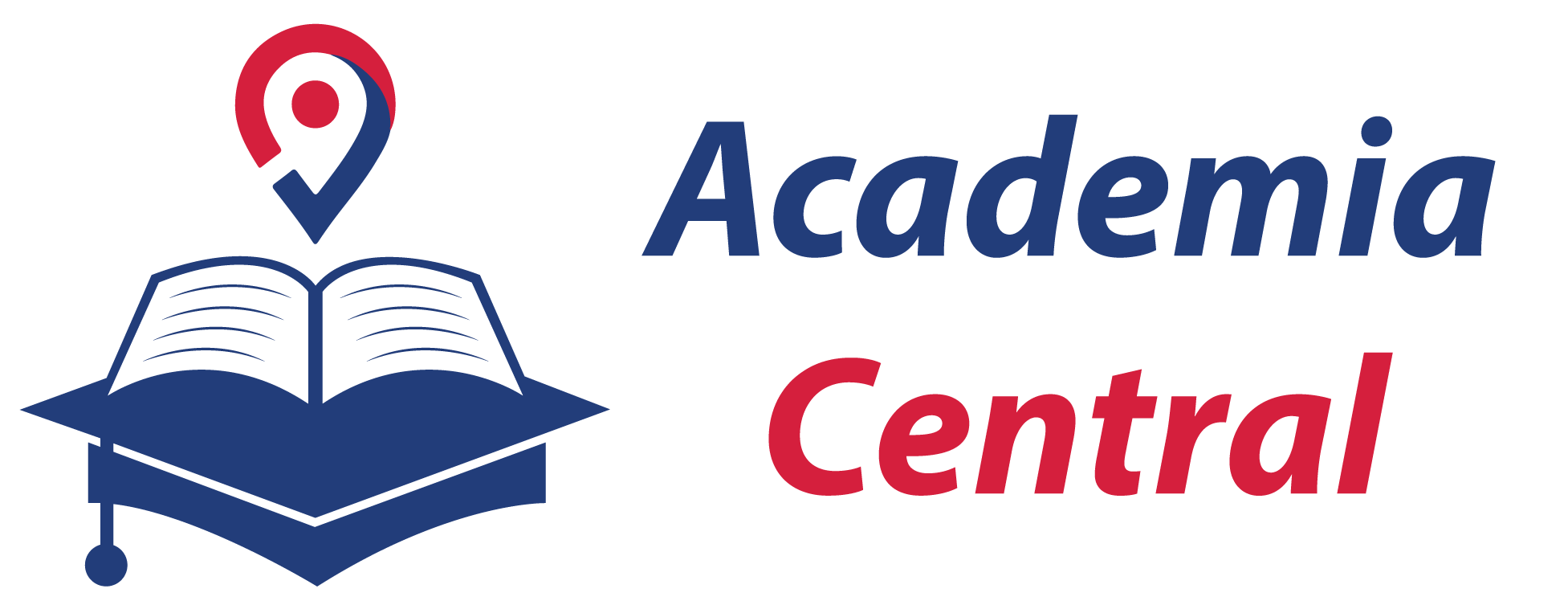
Innovative Leadership: An Ongoing Development Journey
The pandemic changed the face of business and highlighted the importance of effective leadership. Previously, successful leaders may struggle in ways they never imagined while others rise to the challenge. The idea of leaders needing to innovate how they lead has never been more critical. The challenge starts with a question: How do I know what to keep about my current leadership approach and what I need to innovate?
I collaborated with thought leaders and practitioners from the Innovative Leadership Institute, Michael Morrow-Fox and Carla Morelli. Neil E. Grunberg and Erin S. Barry from an academic institution co-developed a leadership development and coaching framework that helps leaders build an innovation mindset and provides a structured process to support ongoing leadership development.
The Challenge
The challenges leaders face continually become more complex. Therefore, the work of leaders needs to evolve continuously. Unfortunately, our leadership development systems aren’t changing to keep pace. While we have tools like articles, podcasts and webinars, they offer partial solutions. The leader is left piecing together disparate approaches into a cohesive leadership approach.
Leaders in many organizations are learning about environmental, social and governance (ESG) approaches that impact their ability to get funding in many cases. At the same time, you may be navigating the workplace changes driven by adding Gen Z to your workplace. These challenges are complicated by the questions of remote and hybrid work. These are today’s challenges. Next year, you will continue to solve these issues, and the next set of challenges will emerge.
A Solution
We are updating the Innovative Leadership framework to support today’s leaders in adapting in ways that allow optimal performance by increasing their capacity to recognize and critically examine, appreciate and develop aspects of themselves alongside the organization’s culture and systems so that all co-evolve. This framework curates new and time-tested frameworks to support leaders’ continual evolution. It includes vertical development frameworks that explain how leaders increasingly develop more complex perspectives to manage complex and interconnected challenges. It also offers a process leaders can use to update their leadership “algorithm” to meet these challenges. Finally, this framework provides a structured approach for the leader to develop without prescribing what they need to build. Instead, you will determine your development plans based on your challenges.
The Difference
Effective leadership hinges on self-awareness. Unfortunately, many leaders have not developed a strong sense of self-awareness that serves as the foundation of leadership. The leader as a person is inseparable from the leadership process—just as an opera singer is inseparable from an opera performance. The voice emanates from the singer just as leadership emanates from the leader. Coaching helps leaders build deep awareness, respect and care for themselves that enables authentic leadership skills, such as compassion and wisdom, to emerge.
The Framework
The revised Innovative Leadership framework offers a comprehensive approach to developing and coaching leaders. It starts with understanding, leading and growing the self as a leader and ends with the leader performing the tasks of leading through their way of being, relating and doing the activities of leadership.
It is unique in its comprehensiveness. It helps leaders:
• understand themselves as people,
• evaluate organizational and ecosystem contexts,
• develop themselves as humans, in addition to mindsets and traditional skills and
• authentically deliver on the organization’s promises to itself and its stakeholders.
Innovative Leadership creates leaders who understand this interconnection and use their knowledge to ensure the organization achieves and sustains its vision.
Innovative Leadership Framework
• Understand why you lead.
Leadership starts with a strong foundation, including knowing your “why.” According to Simon Sinek, all great leaders begin with understanding why before looking at what and how. This framework starts with helping you know your why. As you develop and share your compelling why, it will inspire you and those you lead.
• Appreciate your capabilities: “Leader, know thyself.”
To honestly know themselves, leaders must delve into who they are and what they do. Assess yourself through multiple lenses, ranging from personality type; developmental perspective, also referred to as vertical development; resilience; mindsets; role-based skills and competencies associated with leadership, such as setting a vision, making decisions and communication. As a leader or a coach, assessing abilities based on your vision is essential.
• Understand your environment (situational analysis).
Situational analysis aligns you as the leader with your organization’s culture and systems. Many change initiatives focus on changing systems and processes, creating a misalignment with culture and employee behavior. Leaders must continually attend to aligning vital elements of the organization and aligning their behavior with what the organization requires to deliver results.
Beyond the internal organizational context, leaders must also evaluate the external ecosystem of stakeholders, partners, industry, the geopolitical environment and the larger global economy when setting the strategy and making decisions.
• Expand your capability.
Once you have a clear picture of your strengths and weaknesses as a person and leader, you can decide how to leverage your strengths and mitigate your weaknesses. This framework provides a structured development planning process that supports you in setting goals and measures. Additionally, this structure serves as the foundation for communicating your goals to your stakeholders and soliciting their support.
• Lead: Be, relate and do.
Innovative leaders put their entire being to work when they lead. They must be present as a whole and authentic person, relate with their stakeholders and do leadership tasks. Genuinely exceptional leaders excel at all three because they have done the work to continually hone their skills and build learning and development into solid habits.
Innovative leaders lead themselves, their teams, their organizations and their larger stakeholder community through a lens of self-awareness. They appreciate that they exist in a broader, mutually interdependent context and have an understanding that aligning all elements of the system (including themselves) and evolving them together is what generates long-term success.
